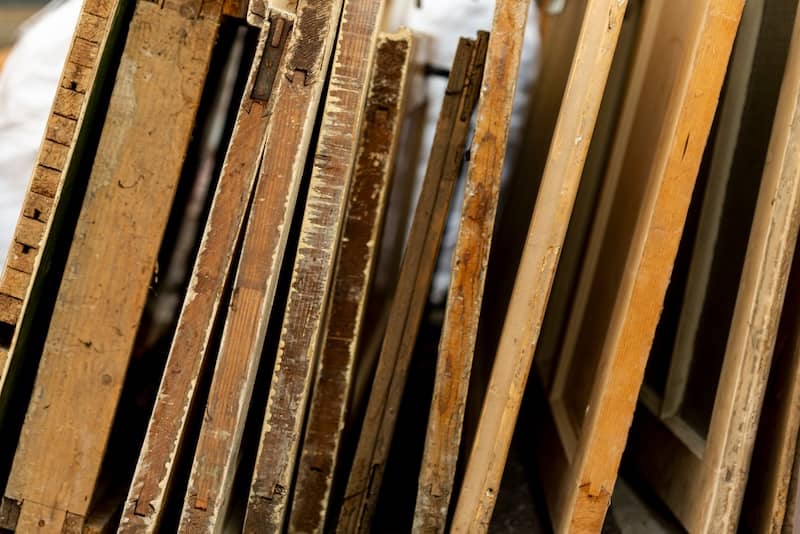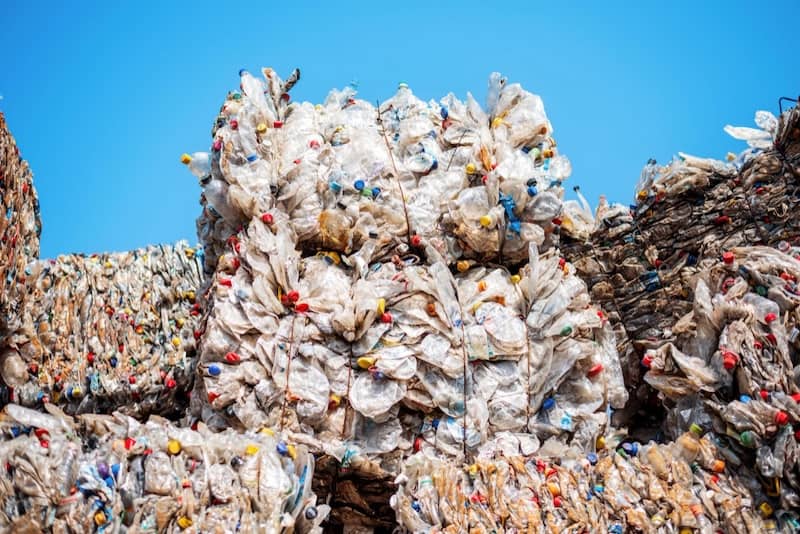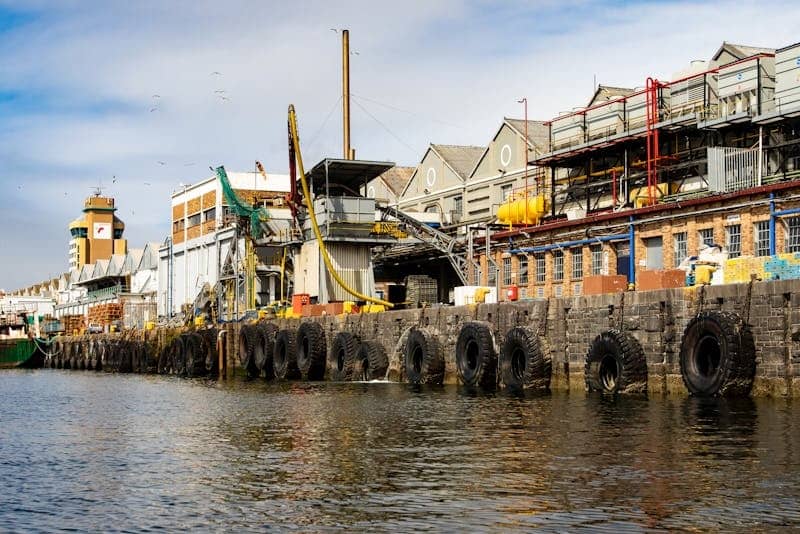Trying to decide what equipment is best for your recycling business? Here are eight questions to help you make sure you’ll be happy with your decision.
How long will it last?
Find out as much as you can about how long the equipment tends to last or, if it’s a new model, how long it’s expected to last. Find out too how long it usually goes before needing repairs or replacement parts. You may need to find others who have used equipment from the same company to get this information.
What are its safety features?
Safety is key with heavy equipment, and it’s even more so when you’re processing materials that can be hazardous. Know exactly what safety features the equipment has so you can compare different models and equipment from different manufacturers.
What volume can it process in a given amount of time?
You want efficient equipment that matches the needs of your business. Compare equipment capabilities to your current (or desired) supply and processing time. Don’t get equipment that’s going to slow you down unless it’s well compensated for by increases in quality or safety.
Does it separate out byproducts?
Different equipment will produce material with different levels of purity or contamination. Some recycling materials, like tires, include valuable byproducts that can go to waste or lessen the quality of your product if they aren’t separated out from the main component. Find equipment that will maximize your potential earnings with the best possible final product.
Does the company provide excellent customer service?
Remember that you’re not just buying equipment, you’re creating a relationship with the company that makes it. Don’t settle for a company that doesn’t provide the customer service you deserve. Find reviews, testimonials, and other information from people who have bought from the company so you know exactly what you’re getting into and how happy you can expect to be with the level of service.
You can also look for awards and ratings by marketing research and customer service agencies like JD Power.
Are replacement parts easy to get when you need them?
Of course the ideal situation is one where a piece of equipment runs for decades without needing repairs or spare parts. But in the real world, make sure that when something goes wrong, it’s as easy as possible to fix.
How many people are required to run and/or oversee it?
Labor intensity is another consideration that will affect how productive the equipment can really be. For example, some recycling balers require someone to hand-tie the bales, and others have automated tying. Make sure to keep up with new technology innovations, too.
How much electricity does it use?
When recycling is your business, you should be keenly aware of energy efficiency. Don’t settle for equipment that isn’t efficient. It not only takes away from the good your business is doing. If the equipment you’re looking at will mean significantly higher power bills, it can affect your bottom line, too.




